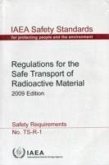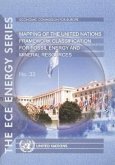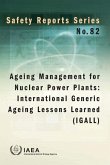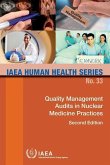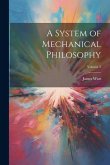This book presents an empirically based overview of the field of energetics as applied to modern society. The authors first explain, using simple examples, basic concepts of energetics and net energy analysis to overcome existing confusion about quantitative energy assessments. In particular, they emphasize the crucial distinction between Primary Energy Sources and Energy Carriers to achieve a better understanding of the relation between external limits (the availability of energy sources) and internal constraints (what is technical feasible and socially desirable in a modern society). A comprehensive energy analysis framework, MuSIASEM, is introduced to study the metabolic patterns of modern society. Then unique time series data are presented showing patterns of energy intensity of 14 EU countries at the national level and at the level of individual economic sectors. This analysis shows the fallacy of general assertions that technology results in a decoupling of energy consumption from economic growth. The concept of metabolic pattern makes it possible to define expected benchmarks for the amount of energy required by various segments of society manufacturing, services, and households to perform their specific functions. Thus, after defining an appropriate metabolic pattern, the MuSIASEM approach can be used to characterize the feasibility and desirability of alternative energy sources by comparing their quality and quantity against the fossil energy standard. A glossary of terms helps the reader to understand information of critical importance for making sense of the numbers needed to assess our potential energy future.
Hinweis: Dieser Artikel kann nur an eine deutsche Lieferadresse ausgeliefert werden.
Hinweis: Dieser Artikel kann nur an eine deutsche Lieferadresse ausgeliefert werden.



